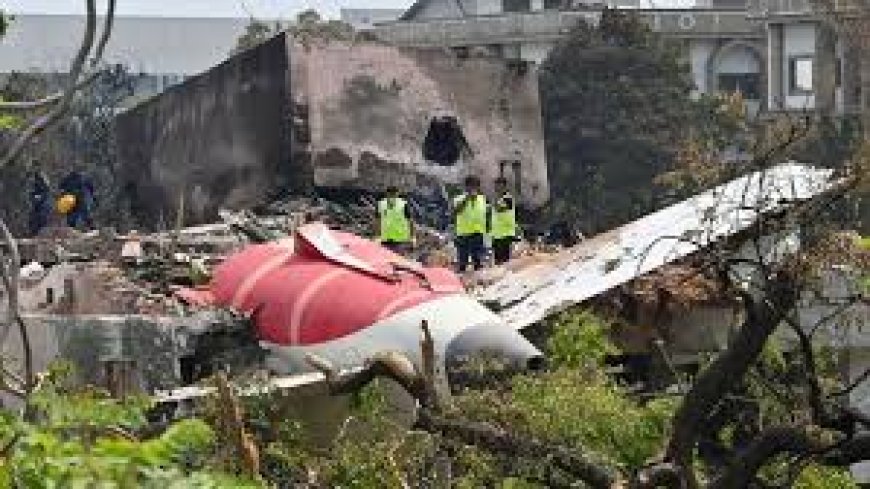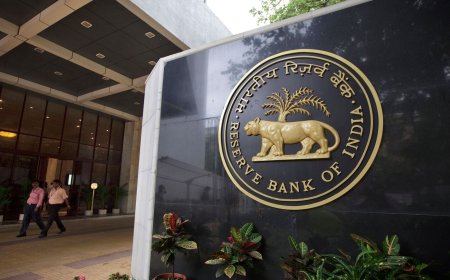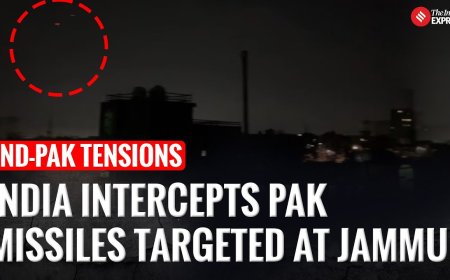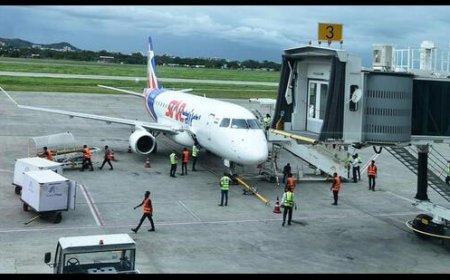Plane was well-maintained, last major check was in June 2023: Air India CEO's new statement amid probe into crash
Air India CEO asserts the crashed aircraft was well-maintained with its last major inspection in June 2023, as investigators probe into the cause of the tragic incident.

As the aviation industry reels from the shock of the recent Air India plane crash, the airline’s CEO has issued a new statement, assuring the public and regulators that the ill-fated aircraft was in full compliance with maintenance protocols. The CEO confirmed that the aircraft had undergone a major check as recently as June 2023, dispelling concerns that maintenance lapses may have contributed to the incident.
Official Statement from the Top
In a press conference held earlier today, Air India CEO Campbell Wilson emphasized the airline’s commitment to safety and transparency. “The aircraft involved in the incident had completed its last major maintenance inspection in June 2023, as per the prescribed norms. It was declared airworthy and continued to fly without any reported technical anomalies,” Wilson said.
This clarification comes amid an ongoing probe led by India’s Directorate General of Civil Aviation (DGCA), which is investigating the root causes of the crash that occurred last week, tragically claiming the lives of 56 passengers and crew members.
The Crash: What Happened
The crash occurred during a domestic flight en route from Delhi to Mumbai. Initial reports suggest that the aircraft encountered technical difficulties mid-air, eventually veering off course and attempting an emergency landing before it went down near a remote airstrip in Madhya Pradesh. While rescue operations were swift, the scale of the tragedy has prompted public outcry and intense scrutiny.
The black box and cockpit voice recorder have since been recovered and sent to a specialized laboratory for analysis. Investigators are focusing on several factors, including weather conditions, pilot response, and technical faults.
Maintenance Record Under the Scanner
According to internal documents accessed by the DGCA, the aircraft’s maintenance logs indicate regular upkeep and compliance with regulatory norms. The June 2023 inspection was a comprehensive "C-check" — one of the more detailed inspections required every 20–24 months or after a certain number of flight hours.
Aviation analyst Sameer Kulkarni of Skywatch India noted, “A C-check is a rigorous process involving structural integrity assessments, avionics diagnostics, engine performance reviews, and safety protocol verification. If the aircraft cleared this in June 2023, the maintenance aspect may not be the leading factor unless there was a post-check issue or oversight.”
Air India’s Fleet-Wide Response
In response to the tragedy, Air India has initiated precautionary inspections across its entire fleet. While this is a standard post-incident protocol, it serves to reassure both regulators and the flying public of the airline's operational discipline.
“We are not leaving anything to chance. All similar aircraft models have been temporarily grounded for full inspections,” Wilson added. The airline is cooperating fully with the DGCA and has also engaged Boeing engineers for an independent technical audit.
Market Reaction and Investor Sentiment
The immediate market reaction to the crash was reflected in a 3.8% dip in Tata Group’s aviation arm stocks. However, following Wilson’s press briefing and reports of compliance with safety norms, investor sentiment showed signs of stabilization.
Aviation sector analyst Radhika Menon of JetEquity Advisors said, “Short-term volatility is expected, but the long-term impact will depend on the investigation findings. If maintenance lapses are ruled out and pilot error or uncontrollable factors like weather are identified, Air India’s brand equity may not take a lasting hit.”
Broader Industry Implications
The incident has reignited debate around India’s aviation safety standards. While India has improved its safety record significantly over the last decade, rapid fleet expansion and rising air traffic demand have raised concerns about infrastructure strain and training adequacy.
DGCA is reportedly planning to issue revised circulars on emergency preparedness, crew training, and independent auditing of maintenance records post-investigation.
“We must treat this as a wake-up call to strengthen not just compliance, but a culture of proactive safety,” said Captain Arvind Mathur, a retired commercial pilot and aviation consultant.
Looking Ahead
For now, the aviation regulator and Air India have urged restraint from speculative conclusions as the crash probe continues. Meanwhile, the airline is extending support to the families of the victims and reassessing its internal safety practices.
With the CEO’s assurance and no immediate red flags in the aircraft’s maintenance history, all eyes are now on the final investigation report, expected within the next two months. Until then, the aviation community and public await clearer answers on what led to this tragic event.
Investor Outlook:
While tragic incidents can cast a short-term shadow on airline stocks, Air India’s proactive communication, adherence to maintenance standards, and transparent collaboration with regulators may help mitigate long-term damage. Analysts advise holding positions but watching the outcome of the investigation closely.
In times of tragedy, clarity and accountability become paramount. Air India’s confirmation that the aircraft had passed a major check in June 2023 offers a critical data point as investigators work to understand what went wrong. For the public, regulators, and investors alike, transparency will be the keystone in rebuilding trust in India’s aviation system.
What's Your Reaction?
 Like
0
Like
0
 Dislike
0
Dislike
0
 Love
0
Love
0
 Funny
0
Funny
0
 Angry
0
Angry
0
 Sad
0
Sad
0
 Wow
0
Wow
0












































































